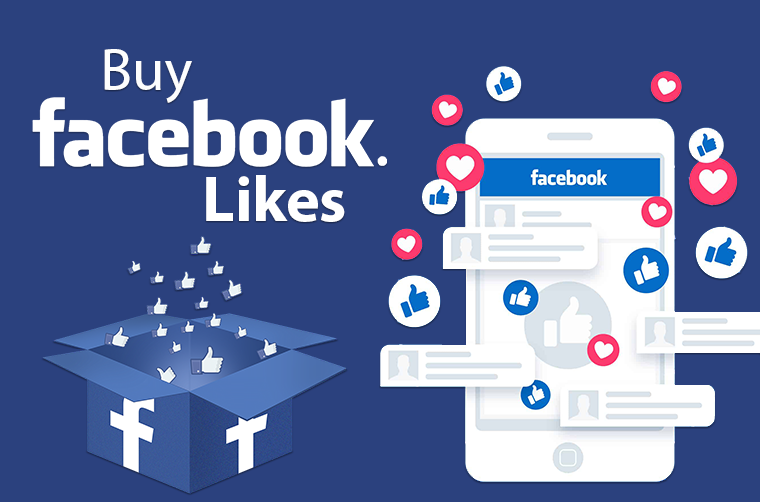
In a world dominated by social media, the quest for a robust online presence has become more critical than ever. As businesses and individuals strive to enhance their visibility, the controversial practice of buy facebook likes has emerged as a potential shortcut. This article will delve into the intricacies of this practice, exploring its pros and cons, the ethical considerations surrounding it, and alternative strategies for authentic engagement.
Introduction
Social media has become the heartbeat of online interaction, with platforms like Facebook playing a pivotal role in shaping personal and business identities. As the digital landscape evolves, the desire for a substantial online following has led some to explore unconventional methods, including the purchase of Facebook likes. In this article, we will unravel the complexities of this practice, addressing both its allure and the potential pitfalls it poses.
The Controversy Surrounding Buying Facebook Likes
The very idea of buying Facebook likes raises ethical questions about authenticity and the integrity of one’s online presence. While the promise of increased visibility is enticing, the potential consequences for credibility and genuine engagement must not be overlooked. As users scroll through their feeds, a discerning eye may spot accounts that appear popular at first glance but lack the substance that comes with organic growth.
Understanding Facebook Algorithms
To comprehend the implications of buying likes, it’s essential to grasp how Facebook algorithms operate. The platform’s algorithms prioritize content based on engagement levels, with posts garnering more likes, comments, and shares enjoying higher visibility. Therefore, the decision to buy likes directly impacts a profile’s chances of appearing in users’ feeds.
Pros and Cons of Buying Facebook Likes
Benefits of Increased Visibility
One of the primary motivations behind buying Facebook likes is the promise of heightened visibility. Increased likes can propel a post to the top of users’ feeds, potentially reaching a broader audience. This can be particularly advantageous for businesses aiming to amplify their brand presence quickly.
Drawbacks: Fake Engagement and Account Risks
However, the drawbacks of this approach are substantial. Purchased likes often come from inactive or fake accounts, contributing to a façade of popularity that lacks genuine engagement. Moreover, Facebook’s algorithms are designed to detect unusual patterns, and profiles engaging in such practices may face penalties, including reduced organic reach or account suspension.
Quality vs. Quantity in Social Media Engagement
While the allure of high like counts is undeniable, the quality of engagement holds more significant long-term value. Authentic interactions, such as meaningful comments and shares, contribute to a more robust online presence. Buying likes may inflate quantity, but it risks diluting the quality of a profile’s engagement.
Alternatives to Buying Facebook Likes
In the quest for online visibility, organic strategies remain the most reliable and sustainable. Leveraging Facebook Ads strategically, understanding the target audience, and creating compelling content are all viable alternatives that prioritize genuine engagement over artificially inflated metrics.
Social Proof and Its Role
At the core of the desire to buy Facebook likes lies the concept of social proof. The psychological phenomenon suggests that people tend to follow the crowd; if a post has numerous likes, others are more likely to engage with it. However, the true power of social proof lies in organic growth, where genuine supporters advocate for a brand or individual.
Case Studies: Success and Failure Stories
To illustrate the impact of purchased likes, examining real-world case studies is illuminating. Instances of successful utilization coexist with cautionary tales of brands that suffered reputational damage due to the revelation of inauthentic engagement practices.
The Psychology Behind Social Proof
Understanding why individuals and businesses are drawn to purchasing likes involves delving into the psychology of social validation. The desire for recognition and acceptance drives the inclination to boost numbers artificially, but the long-term effects on brand perception are often underestimated.
Facebook’s Stance on Purchased Likes
Facebook, cognizant of the challenges posed by purchased engagement, explicitly outlines its terms of service regarding such practices. Users who violate these terms risk severe consequences, including restricted reach and account suspension. It is crucial for individuals and businesses alike to weigh the short-term gains against the potential long-term repercussions.
